Last week in Brussels, the PoliRuralPlus project meeting convened key stakeholders to deliberate on the integration of Artificial Intelligence (AI) and Large Language Models (LLMs) into the Regional Action Plan (RAP). This strategic gathering aimed to harness advanced technologies to enhance regional planning and development.
The meeting featured influential participants including Patrick Crehan from the CREHAN, KUSANO & ASSOCIATES (CKA), who led the opening discussions on the implementation of Regional Action Plan (RAP) across various pilot regions. John J. O'Flaherty from the NATIONAL MICROELECTRONICS APPLICATIONS CENTRE (MAC) focused on enhancing stakeholder involvement, a critical factor for the success of regional initiatives. Daniel Molina from the SOCIAL INNOLABS (SINNO) concentrated on gathering user needs and integrating various analytical tools to address these needs effectively. Runar Bergheim from the ASPLAN VIAK (AV) spearheaded the design and preliminary discussions for new tools that would cater specifically to the project's requirements. Karel Charvat from the CZECH CENTER FOR SCIENCE AND SOCIETY (CCSS) outlined an action plan up to September 2024 and discussed preparations for showcasing the project at Synergy Days 2024.
The core discussions at the meeting revolved around several pivotal topics. The potential of existing AI platforms like ChatGPT, GEMINI, ELICITAS, and COPILOT was assessed to determine their suitability and potential integration into RAP. The idea of developing a specialized open-source LLM tool tailored to the project's specific needs was met with enthusiasm, as it promises to address unique regional planning challenges directly. A new conceptual framework involving 'attractiveness' was introduced to better model future scenarios and enhance decision-making processes within RAP.
On the second day of the meeting, only Runar Bergheim and Karel Charvat remained to refine and prepare the technical action plan further. They detailed a comprehensive strategy for the ongoing development and implementation of AI and LLM tools, focusing on immediate and long-term project goals.
These discussions set the stage for the upcoming Sprint Code event in Prague, where these strategies will be further refined and implemented. This gathering in Brussels highlights the PoliRuralPlus project's commitment to merging cutting-edge technology with regional planning. It marks a significant step forward in transforming regional development strategies, setting the stage for a future where AI and LLMs play a pivotal role in crafting effective and efficient regional action plans. The insights and decisions from this meeting promise exciting developments at the forthcoming events and beyond, as stakeholders continue to navigate the challenges of regional planning with innovative technological solutions.
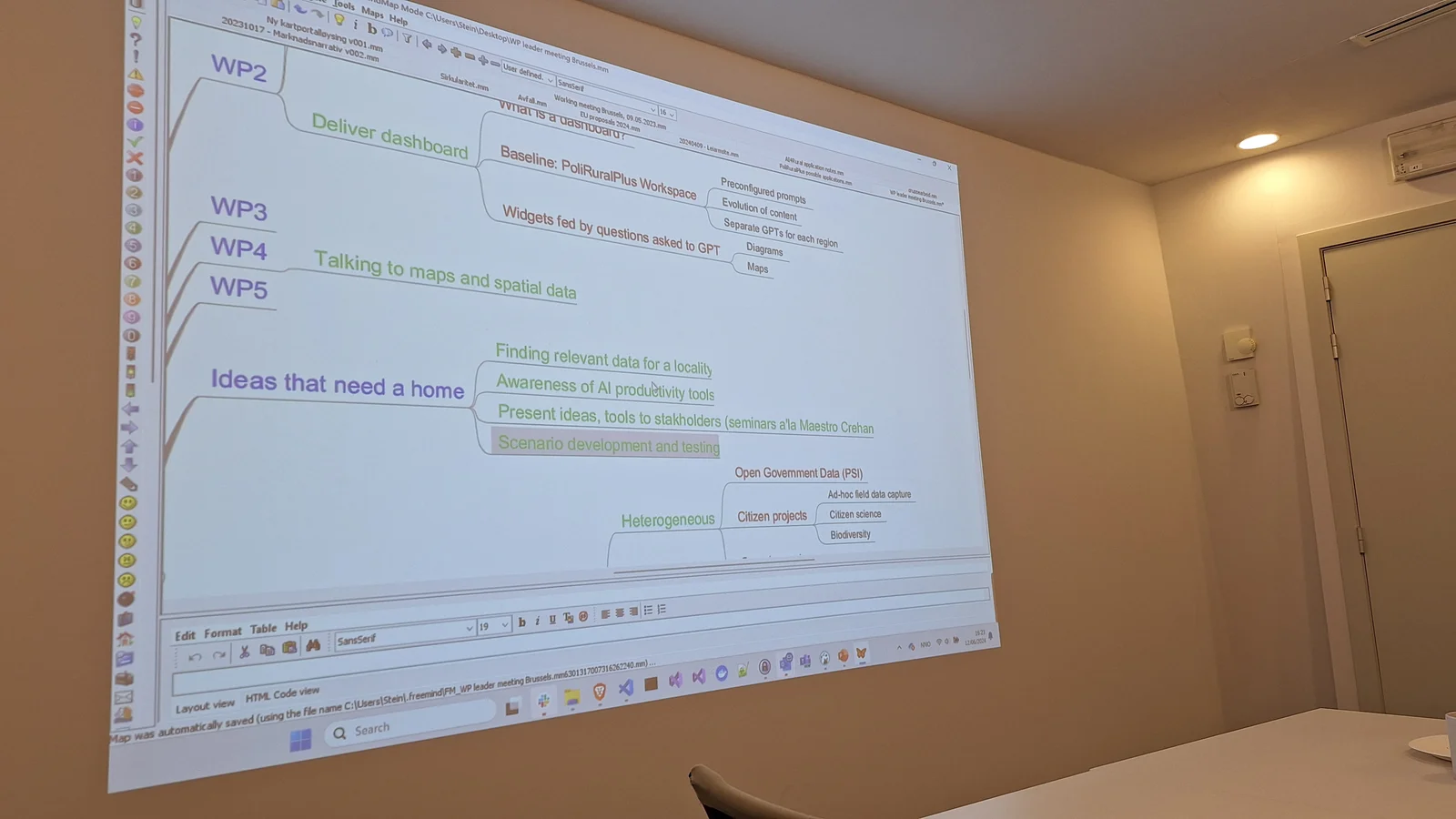
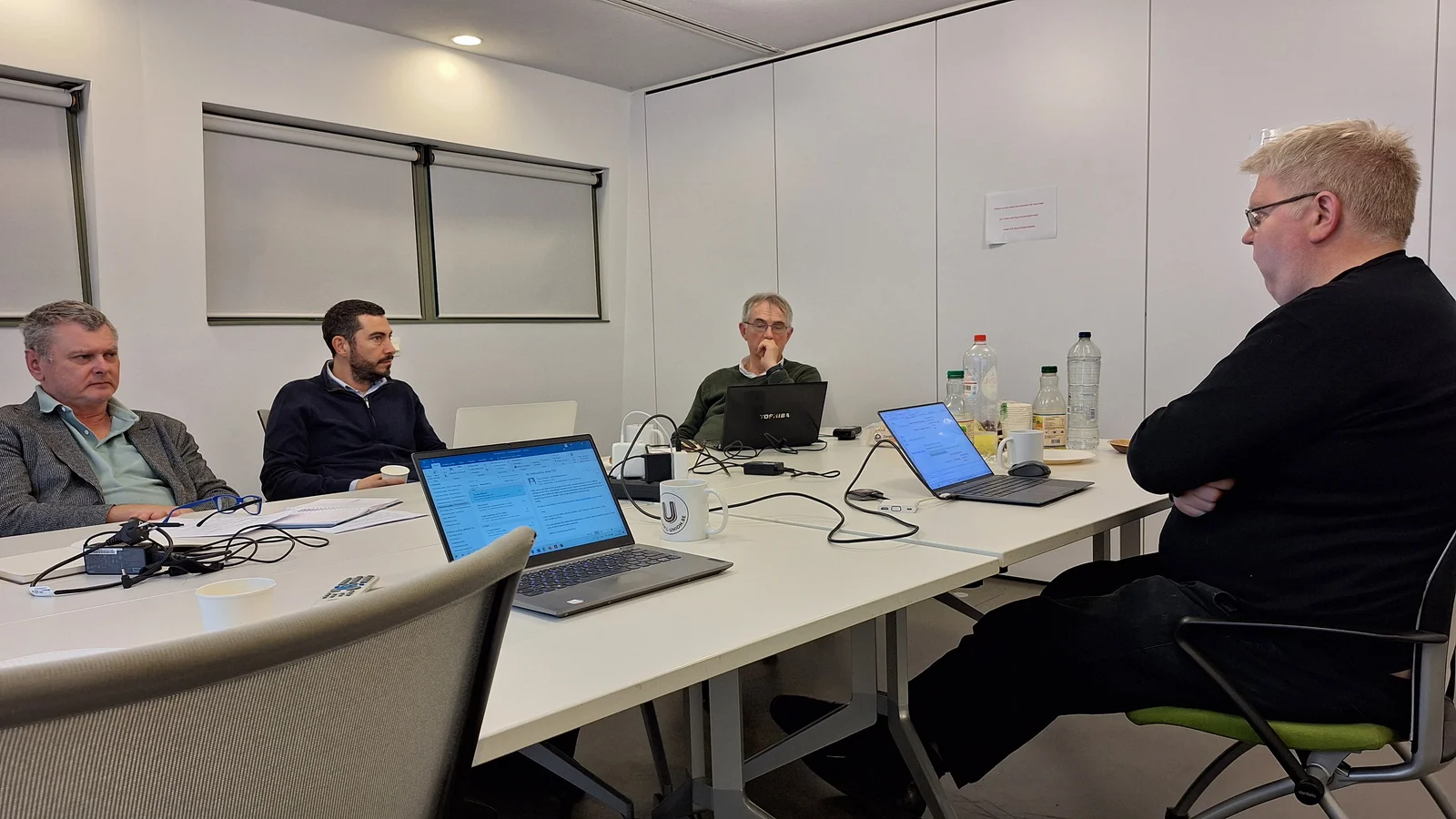
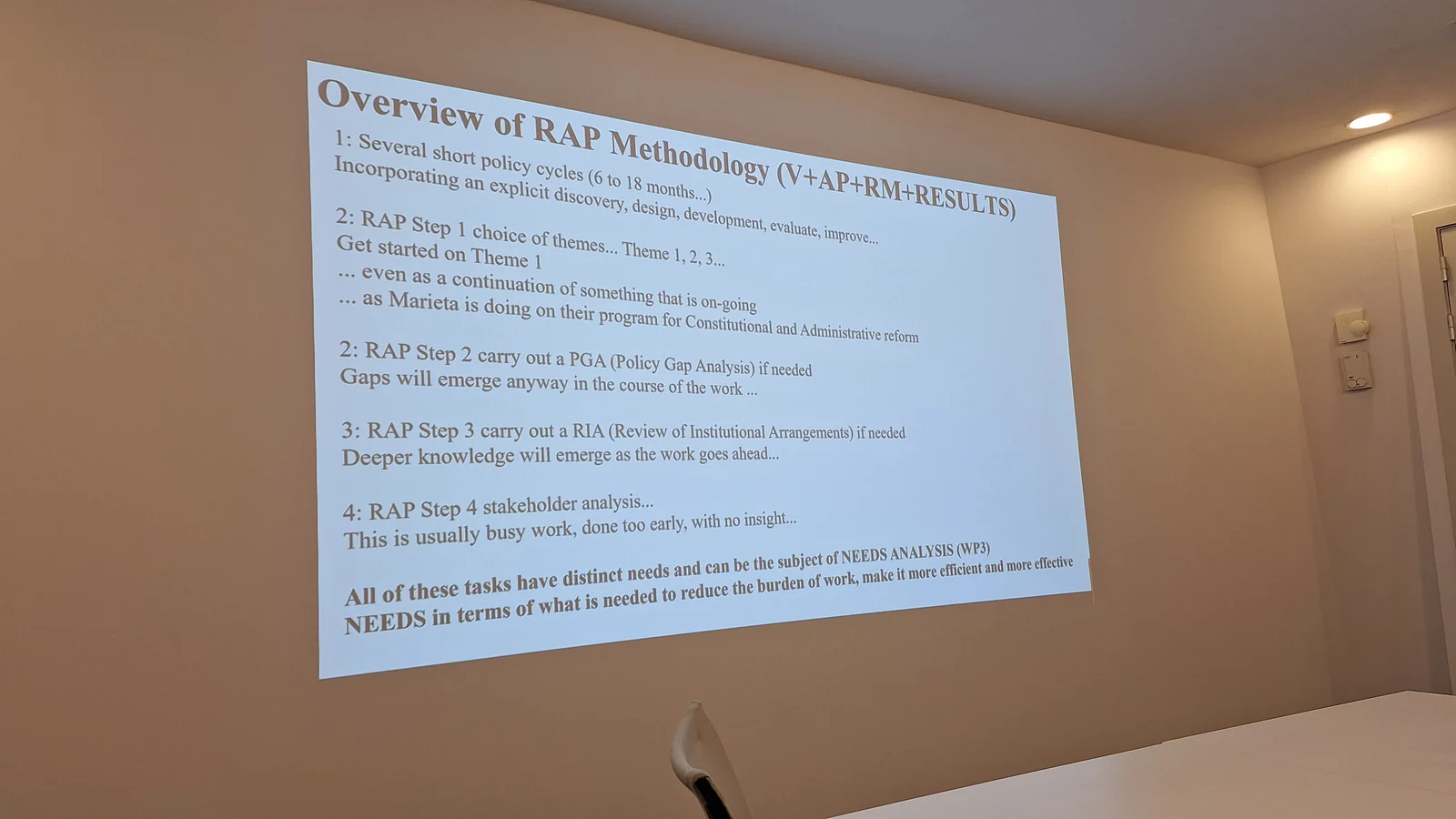
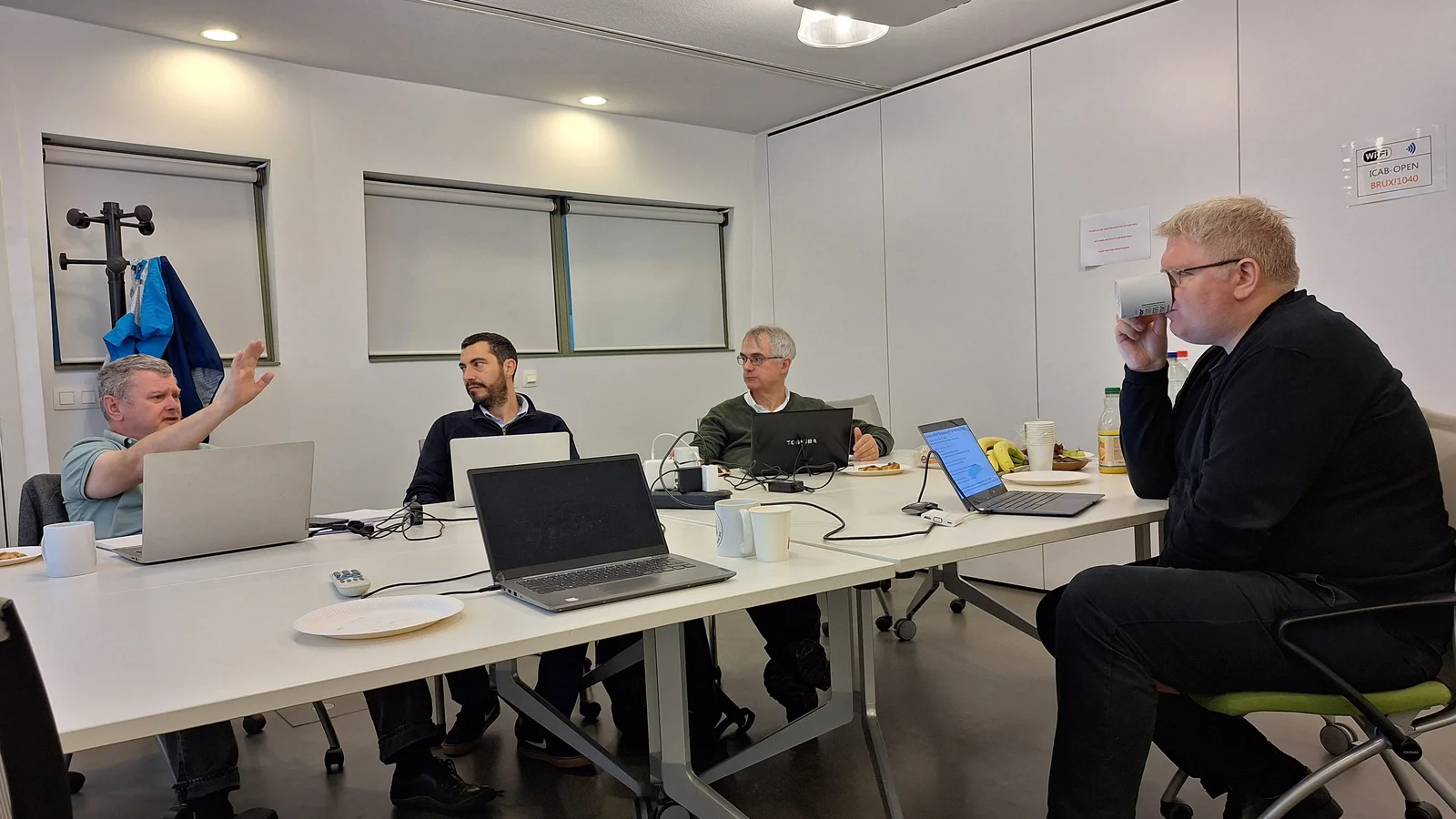
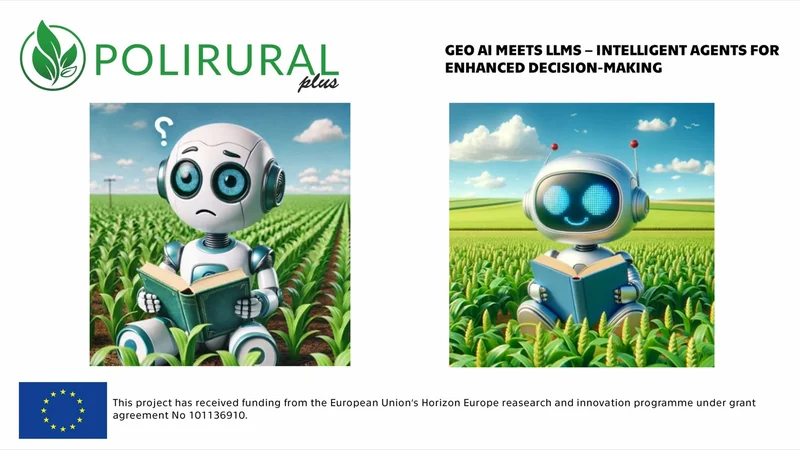

Existing Comments